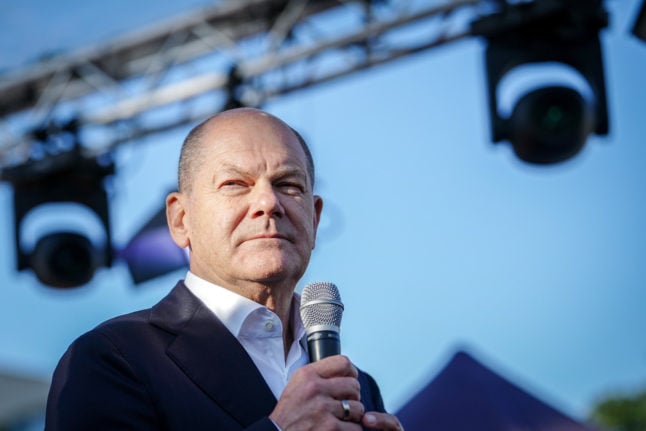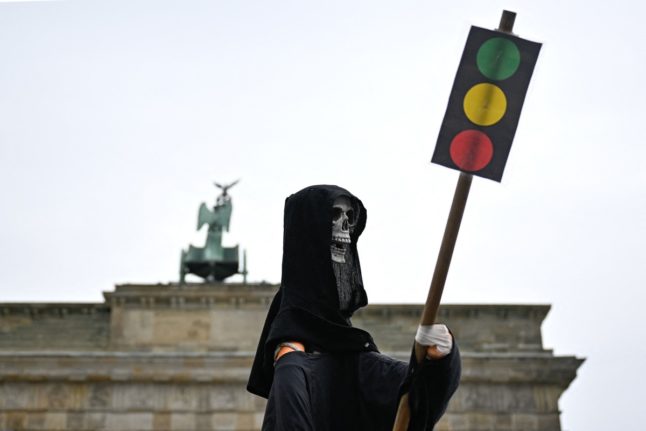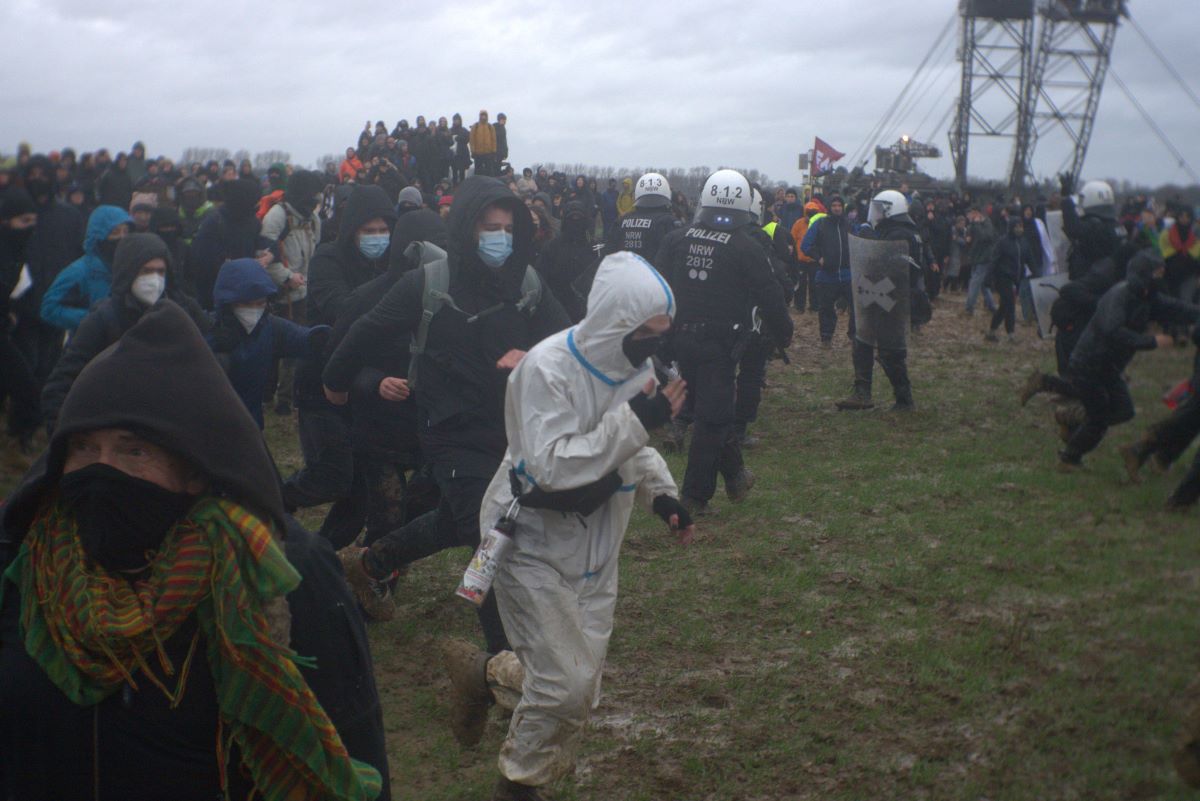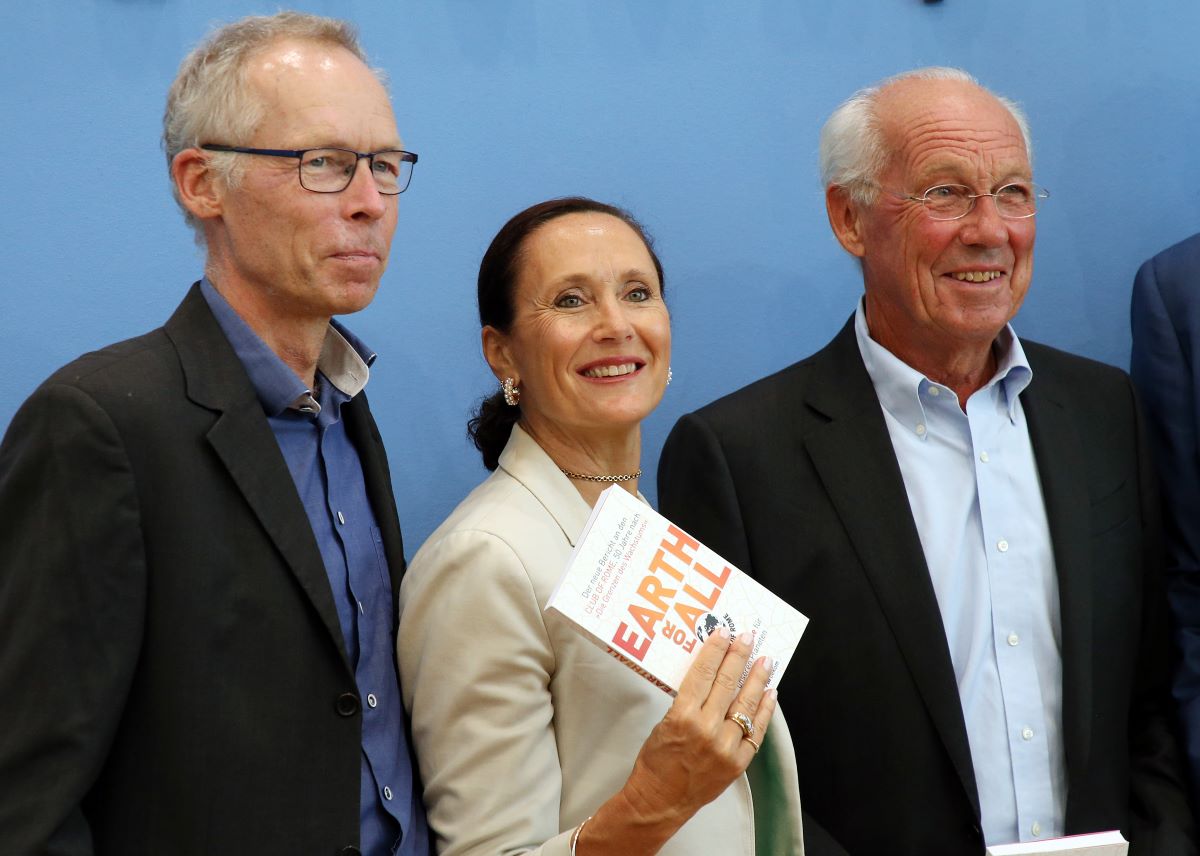The probe, pushed for by MPs from the conservative opposition CDU and CSU, would have explored whether political figures helped the private bank M.M. Warburg to avoid paying back falsely claimed tax rebates in Hamburg.
MPs from the coalition parties, including Scholz’s Social Democrats, the Greens and the pro-business FDP approved a motion rejecting the plans.
The CDU and CSU said their rights as the parliamentary opposition had not been respected, and signalled they would appeal the move at the German constitutional court.
Scholz, who was mayor of Hamburg from 2011 to 2018, has repeatedly been forced to reject allegations he was involved in the decision to let the bank off the hook.
READ ALSO: Germany’s Scholz denies influence in tax fraud probe
The chancellor is already facing a similar parliamentary inquiry in Hamburg, one of Germany’s 16 federal states.
The Hamburg committee is investigating why local finance authorities in 2016 dropped a bid to claw back 47 million euros ($48 million) in taxes from Warburg over so-called cum-ex trades.
First exposed in 2017, the “cum-ex” scandal involved numerous participants swiftly exchanging company shares amongst themselves around the day of dividend payments, to claim multiple tax rebates on a single payout.
Used across Europe, the tax scheme is estimated to have left a multibillion-euro hole in Germany’s public finances.
READ ALSO: German court jails three ex-bankers in tax fraud scam
The scam has seen dozens of people indicted in Germany, including bankers, stock traders, lawyers and financial consultants.
Warburg eventually had to pay back tens of millions of euros under pressure from the federal government under former Chancellor Angela Merkel.





 Please whitelist us to continue reading.
Please whitelist us to continue reading.
Member comments